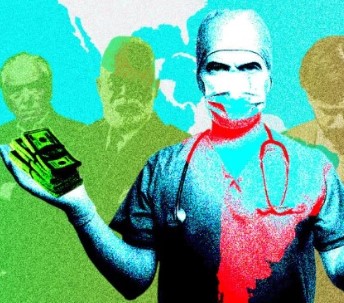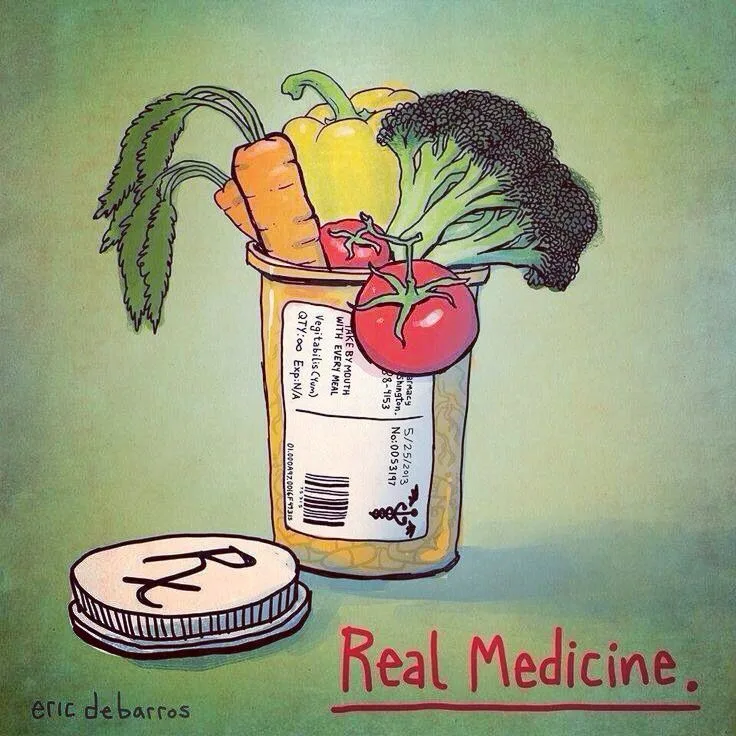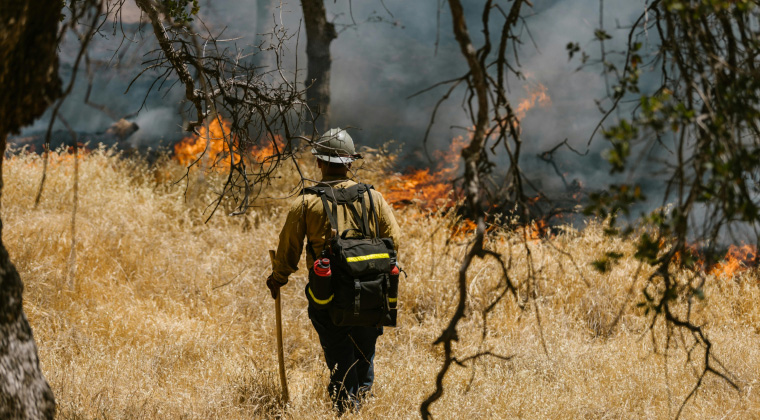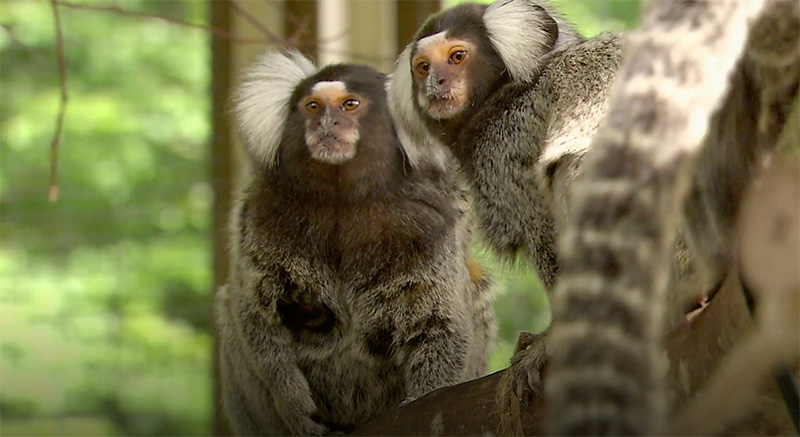Health News

By Daryl Austin In a newly published study, Stanford scientists reveal we don’t age gradually, as has been traditionally believed. Instead, we age at two significant “bursts” across our post-puberty lifespan: one in our mid-40s, the other in our early 60s. The molecular changes that occur during each period could explain seeming sudden signs of...

By Julian Nowogrodzki A newly devised ‘brain clock’ can determine whether a person’s brain is ageing faster than their chronological age would suggest. Brains age faster in women, countries with more inequality and Latin American countries, the clock indicates. “The way your brain ages, it’s not just about years. It’s about where you live, what...

By Marley Markham María Amalia Matamoros found herself in a difficult position in late June 2024, when she got a message from her friend Marcos*, asking if it was possible to sell an organ for as much as $200,000. Matamoros, a Costa Rican surgeon and former president of the Latin American and Caribbean Transplant Society...

By Ellen Gabler Lynne Calloway had been taking a newly refilled arthritis prescription for a few days when she mentioned she wasn’t feeling well. So her husband, Joseph Calloway, did some investigating. When he looked up her medication in a book detailing prescription drugs, he said, he discovered that she had been given the wrong one....

By Caitlin Dow “You’d think we’d have a one-sentence answer,” says Colleen Muñoz, assistant professor of health sciences at the University of Hartford. “But it’s much more complicated.” The usual advice to drink eight 8 oz. glasses of water a day—the 8-by-8 rule—seems daunting. But it was never about water alone. “The National Academy of...

By Kate Murphy “You’re not listening!” “Let me finish!” “That’s not what I said!” After “I love you,” these are among the most common refrains in close relationships. During my two years researching a book on listening, I learned something incredibly ironic about interpersonal communication: The closer we feel toward someone, the less likely we are...

By Dani Blum As summer approaches, many people with spring allergies are still suffering. And as new Covid variants circulate, experts say we may also soon see an uptick in cases. (Though wastewater data suggests that Covid cases are currently fairly low.) It can be tricky to distinguish between seasonal allergy symptoms, early signs of the coronavirus or just a...

By Mark Travers Cultural, religious and societal norms have long painted masturbation as a shameful or immoral act, leading many individuals to feel guilt or embarrassment about engaging in it. This stigma, especially harsh for women, is deeply rooted in historical misconceptions and misinformation that cast self-pleasure in a negative light. However, solo-sex is a natural and healthy...

By Cecilia Nowell Candy lines every inch of the mercado de dulces in Mexico City’s historic center. Tantalizing strawberry-flavored chocolates and Tajín-covered mango gummies pack the narrow aisles of the meandering marketplace. But many of the colorful packages are somewhat dampened by black stop signs printed on their fronts. Alongside dreamy descriptions of creamy and chocolatey confections, the stop...

By Rensselaer Polytechnic Institute Staff We are all aware of the dangers of pollution to our air, water, and Earth. In a letter recently published in Nature Human Behavior, scientists are advocating for the recognition and mitigation of another type of environmental pollution that poses equivalent personal and societal dangers: information overload. With the internet at our...

By Jennifer Abbasi A poor diet now outranks smoking as the leading cause of death globally and in the United States, according to the latest data. Yet a recent systematic review of studies suggests that medical students in countries around the world haven’t been getting the education they need to counsel patients on healthy eating. Why This Matters It’s possible...

By Madeline Holcombe Eating ultraprocessed foods is associated with an early risk of death, according to a 30-year study — but different foods have different impacts. Processed meats and sugary foods and drinks aren’t correlated with the same risks as ultraprocessed whole grains, for example, said lead study author Dr. Mingyang Song, associate professor of...









